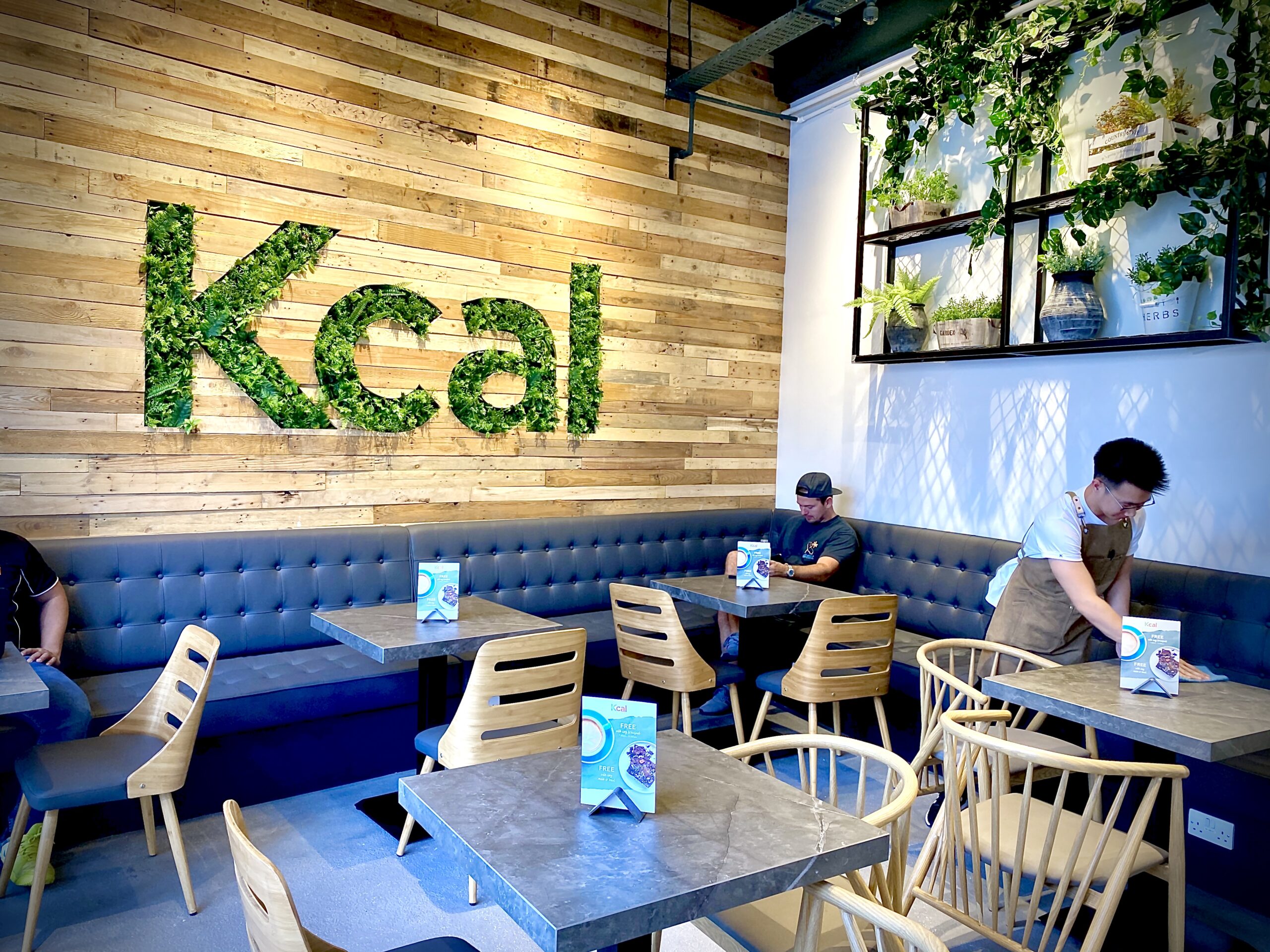
Home-grown healthy food concept Kcal witnessed a dip in business in the past few weeks. “But business seems to be bouncing back; possibly people are gradually looking for more options alongside cooking at home,” observed founder & co-CEO, Andreas L Borgmann. “Having said that, our mall-based locations are suffering due to the current situation. And during normal time, rent is high, killing what we make from delivery business.”
In line with the current requirements, Kcal has stepped up its hygiene measures. “Hygiene and safety have always been a top priority for us. If a restaurant doesn’t focus on hygiene, it will go out of business overnight, irrespective of the current time. After all, working with fresh food is very sensitive,” he said.
Since the outbreak of COVID-19, Kcal started following governments regulations, while also putting in place its own safety measures, which were set in motion two weeks ago. These measures include no availing public transport for its staff; they are picked up and dropped off. Temperature is checked for all staff daily, before work. Hand sanitising stations have been doubled. Kitchen staff and drivers have to use face masks and gloves. No outside visits are allowed in the kitchen, to name a few.

Andreas Borgmann, founder & co-CEO, Kcal
Moving over to food delivery – an area that’s causing restaurant businesses a lot of woes, especially now. Kcal uses some major delivery platforms, Deliveroo being predominant. When asked if the delivery platforms are charging similar commission as before, Borgmann shared, “Since the last six months, different aggregators have been trying to hike prices.”
“If the order is worth AED100 for two people, that’s how much it costs to make and deliver the food,” he added. “But 35% goes to the aggregator. This does not even take into account the discount that restaurants have to offer to be on the aggregator platforms, in order to get a sale. Sometimes, restaurants have to offer as much as 30-50% discount to rank on top, because aggregator websites and apps function as small enclosed search engines for food. Aggregators use discounts to attract users to their platforms. For a restaurant, it implies barely breaking even.”
“As restaurants, we have to face the heat because we can’t – and don’t want to – compromise on quality, portion or service. No wonder, in California, restaurants are taking a stand against the aggregators,” he concluded.
You must be logged in to post a comment.